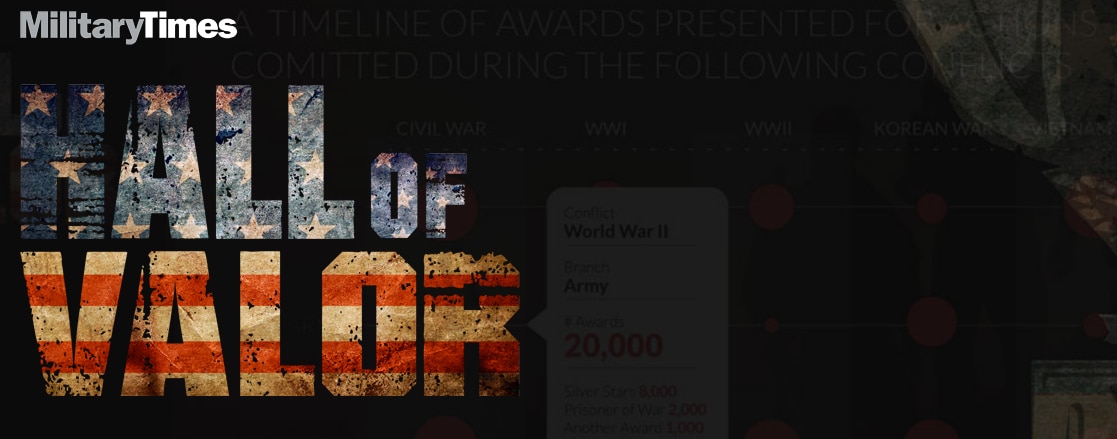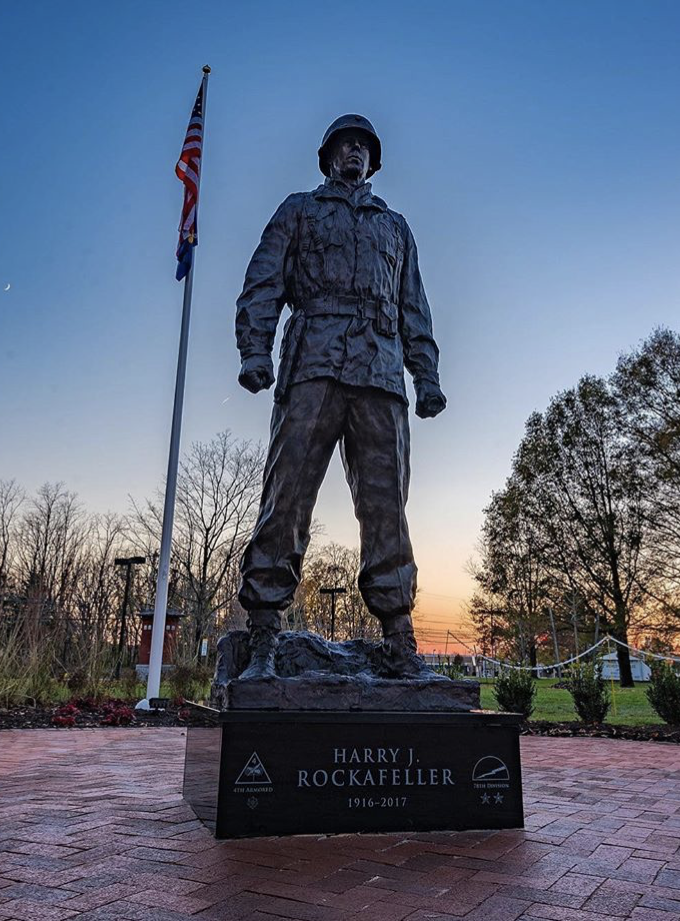I know a lot of folks here like WWII stuff.
Today I read a bunch of current and past articles article about a recently rediscovered Japanese wreck - the Montevideo Maru - it was carrying over 1000 POWs (mostly Australian) and was sunk by a US sub (USS Sturgeon) after stalking it for awhile in 1942.
The ship was found this month in the South China Sea in water deeper than the Titanic (1300m). The casualties stand as Australia's worst maritime disaster. The USS Sturgeon survived the war. It also sank a Japanese troop ship (Toyama Maru) carrying 6000 in 1944.
In 2003 the only known survivor of the event was a Japanese man ( Yoshiaki Yamaji) who gave an interview
Yamaji said while the bulk of prisoners were caught in the hold, some had been traveling on deck to manage the ship’s firewood. When the ship started to sink he heard the "death cries" of the men caught in the hold. Around 100 crew got away in lifeboats. Some prisoners ended-up in the water watching the ship sink
Yamaji said "There were more POWs in the water than crew members. The POWs were holding pieces of wood and using bigger pieces as rafts. They were in groups of 20 to 30 people, probably 100 people in all. They were singing songs. I was particularly impressed when they began singing Auld Lang Syne as a tribute to their dead colleagues. Watching that, I learnt that Australians have big hearts."
Reports are that the POWs in the water never survived. The Japanese crew made it to shore where rebels killed most of them
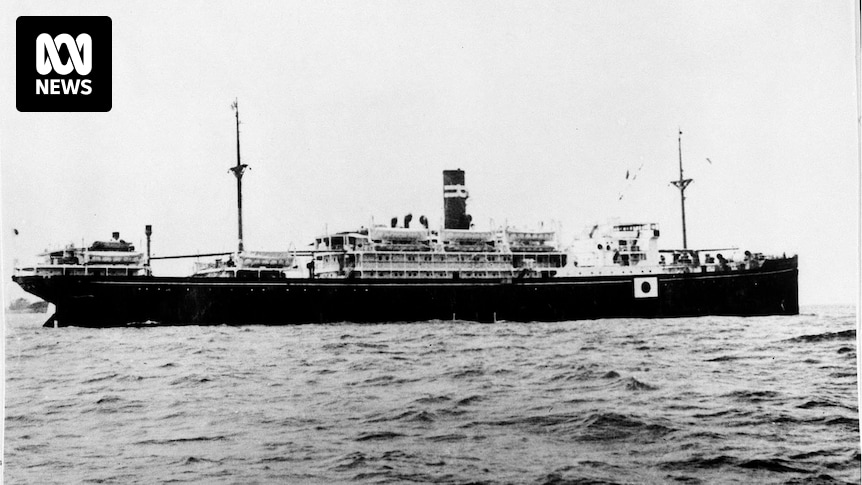
 www.abc.net.au
www.abc.net.au
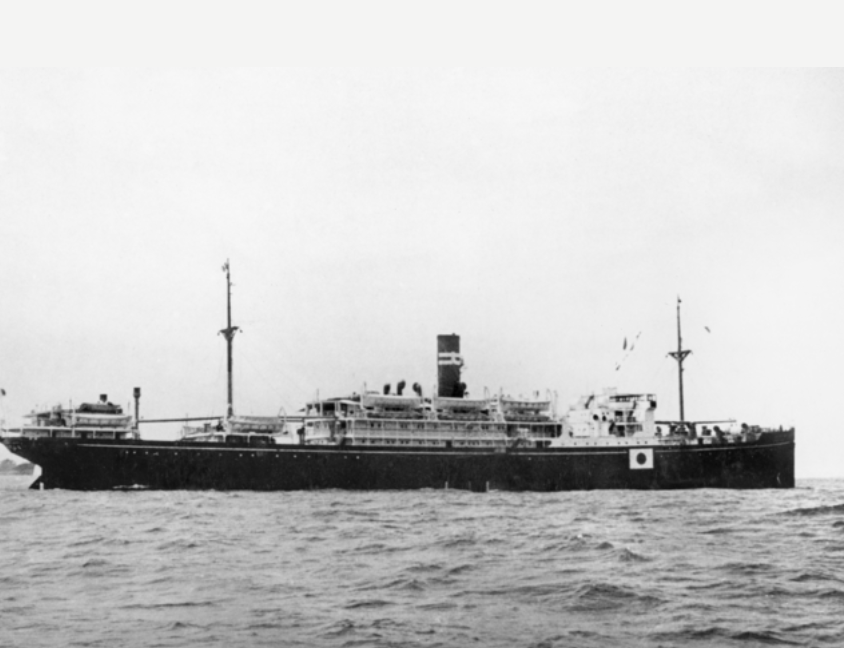
 maxmoments.blog
maxmoments.blog
USS Sturgeon and Toyama Maru
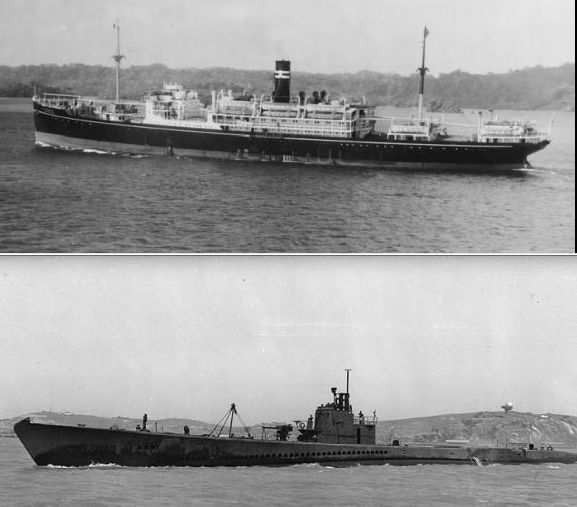
Yoshiaki Yamaji
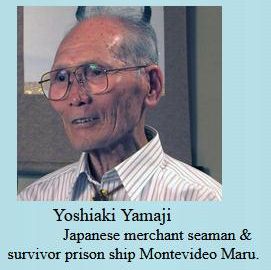
Australian Wallaby Rugby Star - Mac Ramsay - who went down with the ship
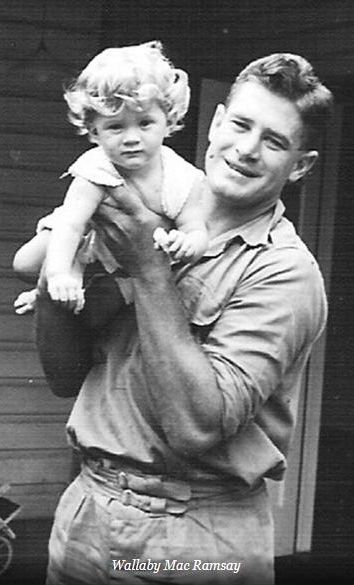
Today I read a bunch of current and past articles article about a recently rediscovered Japanese wreck - the Montevideo Maru - it was carrying over 1000 POWs (mostly Australian) and was sunk by a US sub (USS Sturgeon) after stalking it for awhile in 1942.
The ship was found this month in the South China Sea in water deeper than the Titanic (1300m). The casualties stand as Australia's worst maritime disaster. The USS Sturgeon survived the war. It also sank a Japanese troop ship (Toyama Maru) carrying 6000 in 1944.
In 2003 the only known survivor of the event was a Japanese man ( Yoshiaki Yamaji) who gave an interview
Yamaji said while the bulk of prisoners were caught in the hold, some had been traveling on deck to manage the ship’s firewood. When the ship started to sink he heard the "death cries" of the men caught in the hold. Around 100 crew got away in lifeboats. Some prisoners ended-up in the water watching the ship sink
Yamaji said "There were more POWs in the water than crew members. The POWs were holding pieces of wood and using bigger pieces as rafts. They were in groups of 20 to 30 people, probably 100 people in all. They were singing songs. I was particularly impressed when they began singing Auld Lang Syne as a tribute to their dead colleagues. Watching that, I learnt that Australians have big hearts."
Reports are that the POWs in the water never survived. The Japanese crew made it to shore where rebels killed most of them
Wreck of ship that sank with hundreds of Australians discovered deeper than Titanic
Hundreds of Australians were killed when the Montevideo Maru sank during World War II, with its location remaining a mystery — until now.

Death cries in a ‘sea of indifference’
*An adaption and update of an article first written by Max Uechtritz in 2017. Their end is ghastly. A thousand Australians screaming as oil smothers and scalds them, seawater gushes into their lung…
 maxmoments.blog
maxmoments.blog
USS Sturgeon and Toyama Maru

Yoshiaki Yamaji

Australian Wallaby Rugby Star - Mac Ramsay - who went down with the ship

Last edited:


